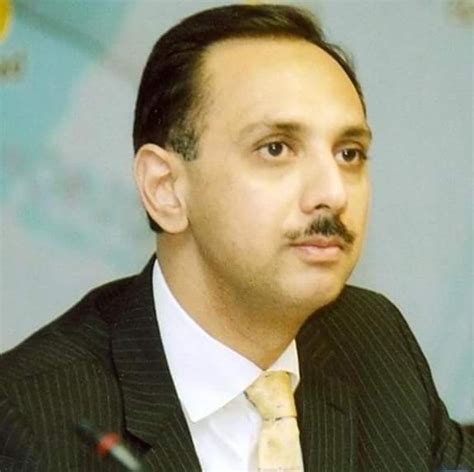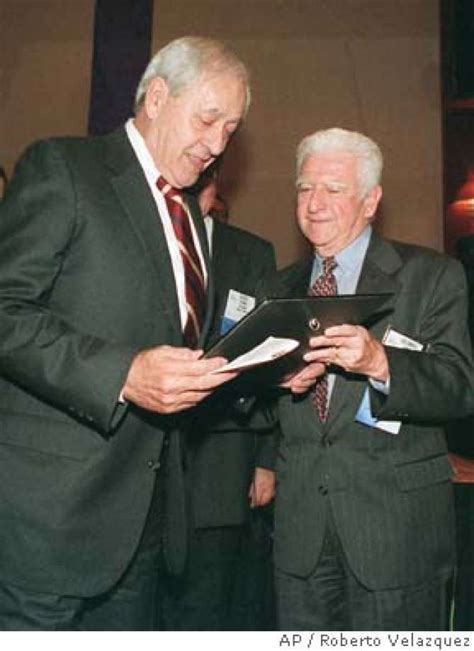A Quote by Lee Myung-bak
First of all, I think all countries in the world have agreed it is not in anyone's interest to test-fire a missile, or whatever its is.
Related Quotes
The U.S's first ballistic missile test was a complete disaster. The Atlas Missile Program, which began in the early 1950s, attempted its first ballistic missile launch on June 11, 1957. The rocket flew for 24 seconds before blowing up. It took two more years before the first successfully armed test flight took place.
Michael Flynn, national security adviser, [his reaction] to the Iranian missile test the other day was very frightening. Now the missile test is ill-advised, they shouldn't have done it. But it's not in violation of international law or international agreements. They shouldn't have done it. His reaction suggested maybe we're going to go to war in retaliation.











































